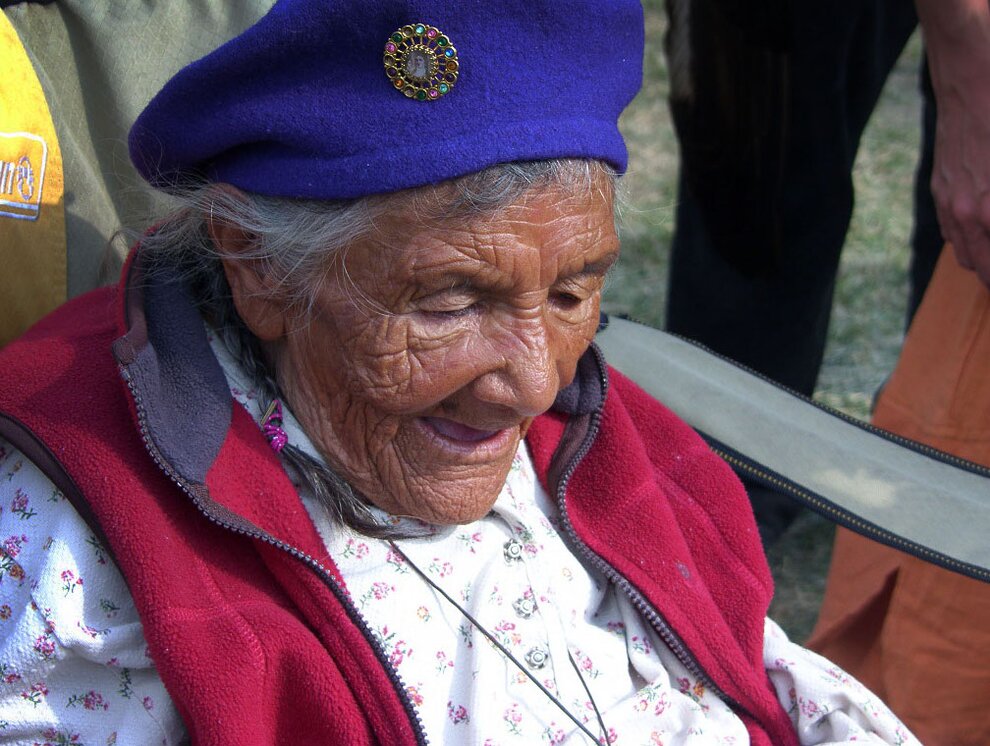Faire art pour faire politique

To mark the publication of Faire art pour faire politique (Making Art to Make Politics) by Éditions de la MSH, the FMSH is organising an event in tribute to the author, Dominique Malaquais. At the intersection of research and artistic creation, this gathering will celebrate the work of a thinker who never ceased to question Africa, the arts, and ways of ‘being human together’.
A political scientist and art historian, Dominique Malaquais (1964–2021) devoted her career – as a researcher, teacher, curator, translator and writer – to the urban cultures of the African continent and their artistic forms, which she accompanied, questioned, translated and promoted for more than thirty years.
For her, creating art – like sharing knowledge – could only be a collective endeavour. In this book, she tells her story alongside her companions on this journey: artists, researchers, publishers, curators, DJs and activists. Together, they recount their disagreements and connections, their anger and joy, their practices, convictions and possibilities.
Through these exchanges, a living map emerges, an atlas of intertwined trajectories, an ethic of the commons.
This event is organised with the support of the Institut des mondes africains.
A conversation between Professor Yves Citton and artist-researcher Sammy Baloji about their respective practices, which bring together research and artistic creation.
- Yves Citton – Professor of Literature and Media
Yves Citton is Professor of Literature and Media at Université Paris 8. He previously taught at Université Grenoble Alpes and the University of Pittsburgh (USA). Until 2021, he served as Executive Director of the ArTeC Graduate School (Arts, Technologies, Digital Humanities, Mediation and Creation), and in 2024 he was appointed to the Institut Universitaire de France. He is also co-editor of the journal Multitudes.
- Sammy Baloji – Visual Artist (to be confirmed)
After studying at the University of Lubumbashi, Sammy Baloji began his career as a cartoonist before specialising in video art and photography at the École Supérieure des Arts Décoratifs in Strasbourg. His work focuses on the province of Katanga (now Haut-Katanga), the economic heart of the Democratic Republic of the Congo, formerly Zaire and colonial Congo. Themes such as economic, political and cultural exploitation (particularly through ethnography), and the political significance of architecture and urban planning, recur throughout his work — as does the exploitation of both people and the environment. Since 2019, Baloji has been pursuing a practice-based PhD at Sint Lucas School of Arts in Antwerp. He has also taught at the Salzburg Summer Academy in Austria since 2018.
- Jelili Atiku – Artist and Human Rights Activist
Jelili Atiku is a multimedia performance artist and sculptor based in Lagos, Nigeria. Working with drawing, photography, installation sculpture, video, and performance, he has become a key figure on the international art scene. His work focuses on human rights and issues of social justice, which has often brought him into conflict with state authorities in his home country. He has exhibited his work across the globe — from Accra (Ghana) and Alkmaar (Netherlands) to Zaria (Nigeria), as well as in numerous locations across Asia, Africa, Europe, and the Americas. He is the founder and artistic director of AFiRIperFOMA, a collective of performance artists from Africa; the chief coordinator of AHRA (Advocates for Human Rights Through Art); and the managing director of Atcheku Forms Ltd.
A discussion with Dominique Malaquais’s longtime collaborators and companions in writing and thought, to reflect on her posthumous book Faire art pour faire politique. Arts, pouvoirs et dissidences (Art as Political Practice: Arts, Power, and Dissent) — a powerful testimony to the richness and depth of their shared intellectual and creative exchanges.
The importance of Dominique Malaquais’ work lies in what she called Afriques – the Afriques into which she poured her emotional, sensory, relational, artistic and political experience. The Afriques she held in the highest regard, all the more so because she was acutely aware that, no matter what she said or did, she remained a Westerner: a scholar teaching at the most prestigious universities in the United States and working at the CNRS in France.
The rigour, clarity and critical insight of the conversations that make up this book are inseparable from Dominique Malaquais’ commitment to conveying the African arts of resistance, as shaped by individuals who are both engaged and engaging – individuals who, together, embody our shared humanity: ubuntu. Her work shows us the multiple ways in which such a transmission might occur, and the many forms of cooperation it can take.
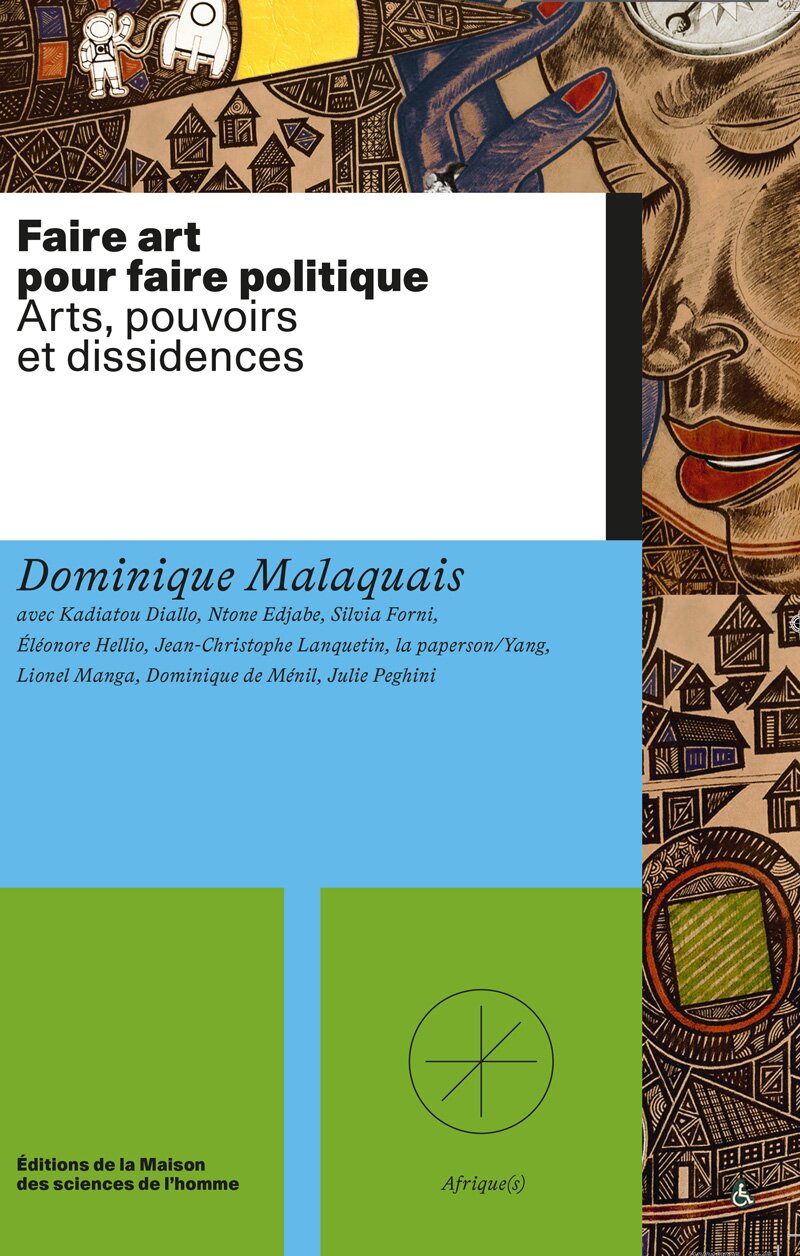
Speakers
-
Anne Lafont – Art historian, Director of Studies at EHESS
Anne Lafont is an art historian and Director of Studies at EHESS. A specialist in the art and material cultures of the Black Atlantic, she focuses in particular on the historiographical dimensions of African and African American art.
- Jean-Christophe Lanquetin – Artist, scenographer, and lecturer
Jean-Christophe Lanquetin is Director of the Scenography Department at HEAR (Strasbourg), co-founder of Scénos Urbaines (artist residencies in urban contexts) and the Play>Urban research programme. His work explores artistic practices in urban environments and their performative dimensions.
- Julie Peghini – Anthropologist, filmmaker
Julie Peghini is a lecturer and researcher at Université Paris 8. Her research focuses on the relationship between art and politics in Africa and the Indian Ocean, particularly through performance. She is also Director of the Lucien Paye Foundation, Maison des Afriques, at the Cité internationale universitaire de Paris.
- Malala Andrialavidrazana – Visual artist
Born in Madagascar and trained as an architect before turning to photography, Malala Andrialavidrazana lives in Paris. Since 2015, she has been developing Figures, a series of digital photomontages created from 19th- and 20th-century iconographic archives. Her work questions the imaginaries of modernity – capitalism, extractivism, globalisation, and colonisation – combining memory, appropriation and geopolitics.
- Lamyne M – Textile artist and performer
Originally from Cameroon and now based in Saint-Denis, Lamyne M uses textiles as a medium for political and poetic engagement. His work – through monumental dresses, animals, living objects and architectural forms – intertwines histories, cultures and forgotten narratives. He addresses themes such as modern slavery, patriarchy and animal rights, with a practice deeply rooted in environmental and migratory concerns.
- Bénédicte Alliot – Executive Director, Cité internationale des arts
Bénédicte Alliot holds a PhD in English studies. A former lecturer, she later moved into cultural action and diplomacy. Since 2016, she has served as Executive Director of the Cité internationale des arts, one of the world’s largest residency programmes for research and artistic creation, hosting up to 325 artists simultaneously. Her work promotes inclusivity and care, with particular focus on underrepresented and women artists.
Remote speakers :
- Kadiatou Diallo – Independent curator
Kadiatou Diallo is a curator, facilitator and cultural practitioner who works across diverse contexts, primarily on and from the African continent. Her work focuses on artistic practice as a tool for decolonial and transformative processes. She is also a research associate for the Aesthetics from the Margins project at the Centre for African Studies, University of Basel, and a lecturer in the MAPS (MA in Public Spheres) programme at EDHEA (School of Design and Art), Sierre.
- Silvia Forni – Anthropologist and curator
A specialist in African arts, Silvia Forni teaches anthropology of material culture. She previously curated the African collections at the Royal Ontario Museum and is currently Director of the Fowler Museum at the UCLA School of the Arts and Architecture (University of California, Los Angeles).
- Eléonore Héllio – Artist and educator
Eléonore Héllio lives in the Democratic Republic of Congo, where she leads workshops and produces films, installations, performances, texts and photographic works. She often works collaboratively, notably with Kongo Astronauts, the collective she co-founded in 2013 with performer Michel Ekeba.
- Ntone Njabe – Journalist, DJ, editor (to be confirmed)
Ntone Edjabe is a Cameroonian writer, journalist and DJ. He is the founding editor of Chimurenga (est. 2002), a Cape Town-based pan-African publication dedicated to culture, art and politics. His DJ practice combines deep musical knowledge with explicit political engagement around Africa’s place in the world. He also launched the Pan African Space Station (PASS), an internet radio platform broadcast live across the African continent.
Also featured: Visual works by Malala Andrialavidrazana and the collective Kongo Astronauts, an installation by Malam, paintings by Mega Mingiedi, a reading by the late Lionel Manga, one of the co-authors of Faire art pour faire politique.
– Closing reception –
Event in french
--
Thursday, 11 September 2025
6:30 p.m. – 10:00 p.m.
--
Great Hall, FMSH
54 boulevard Raspail
75006 Paris
--
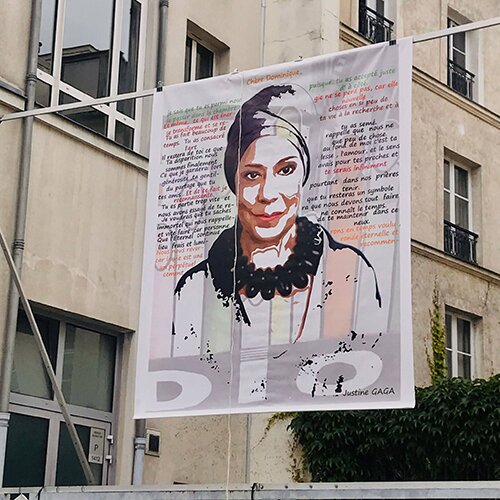
Entrelacs, performance by Justine Gaga, Cité internationale des arts, 2022

Event organised with the support of the Institut des mondes africains
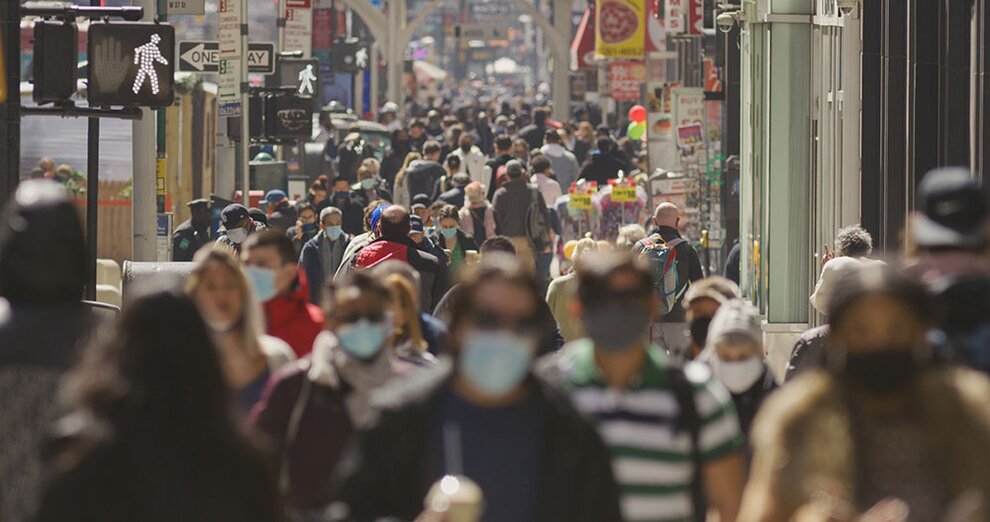
Media Coverage of Trauma in the Post-Pandemic World
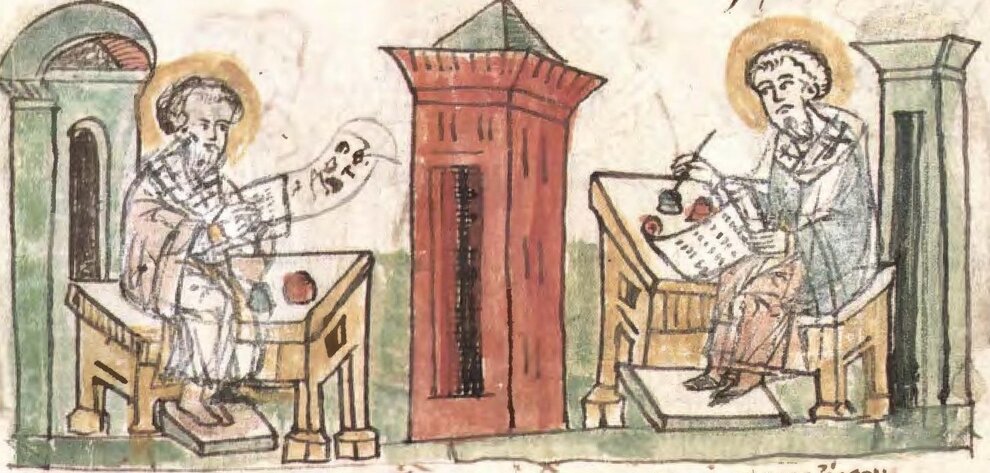
Literature of Ukraine-Rus’ (11th–18th centuries)

Language and Religion: The Gods Behind the Words
